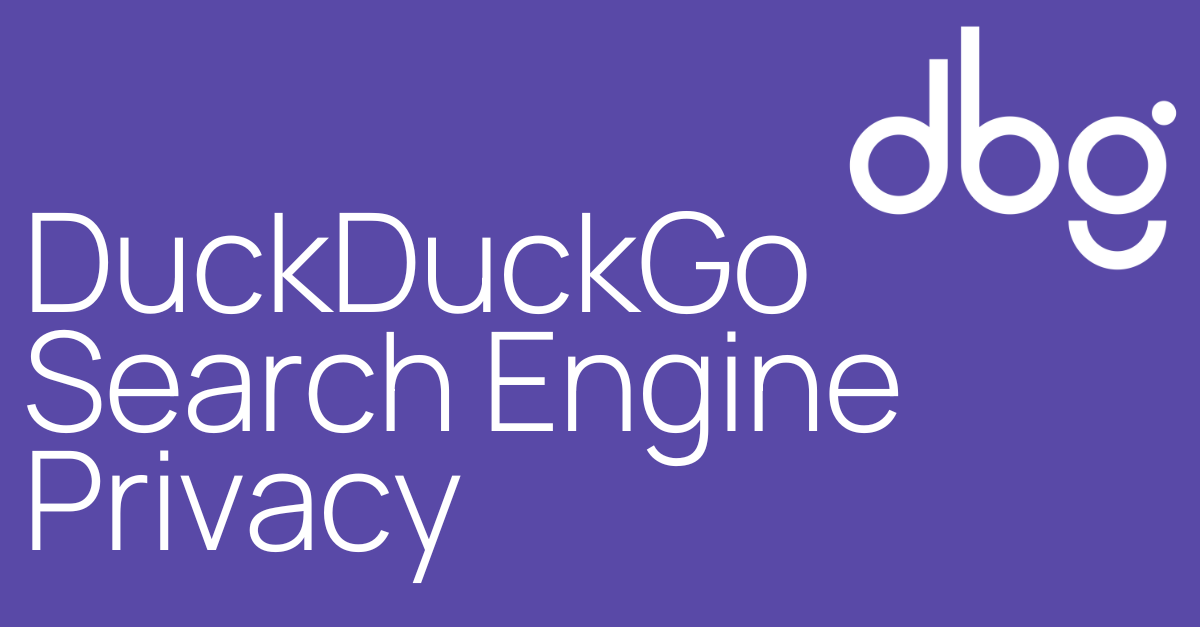 While Google may be the go-to for many, DuckDuckGo is offering companies and users a safer search option.
While Google may be the go-to for many, DuckDuckGo is offering companies and users a safer search option.
DuckDuckGo is an American software company that offers several software products oriented towards helping people protect their privacy online, most notably, a private search engine available for iOS and Android, a tracker-blocking browser extension, email protection, and app tracking protection.
DuckDuckGo was founded by Gabriel Weinberg in 2008. Weinberg is an entrepreneur who previously launched Names Database, a now-defunct social network. Self-funded by Weinberg until October 2011, DuckDuckGo was then backed by Union Square Ventures and a handful of angel investors. Union Square partner Brad Burnham stated, “We invested in DuckDuckGo because we became convinced that it was not only possible to change the basis of competition in search, it was time to do it”.
DuckDuckGo takes a bold stance on user privacy, promising not to track or store any personal information. For eCommerce, this means a secure and private browsing experience for both seller and customers. Imagine a search engine that doesn’t play peek-a-boo with your data, ensuring your business strategies and customer interactions remain confidential. The company also confirmed that it does not share user information with partner companies, as has always been its policy.
DuckDuckGo’s results are a compilation of “over 400” sources according to itself, including Bing, Yahoo! Search BOSS, Wolfram Alpha, Yandex, and its own web crawler (the DuckDuckBot); but none from Google. It also uses data from crowdsourced sites such as Wikipedia, to populate knowledge panel boxes to the right of the search results.
The search engine has partnered with Yahoo! which brought new features to all users of the search engine, including date filtering of results and additional site links. It also partners with Bing, Yandex, and Wikipedia to produce results or make use of features offered. In March 2019, Google added DuckDuckGo to the default search engine list in Chrome 73. The company also released Email Protection, an email forwarding feature, which lets users claim an “@duck.com” email address generated by the service. That inbox will receive emails and strip them of data trackers before forwarding them to the user’s private email address.
In addition, DuckDuckGo displays relevant results, called instant answers on top of the search page, which are collected from either third party APIs or static data sources like text files. The Instant Answers are called zeroclickinfo because the intention behind these is to provide what users are searching for on the search result page itself so that they do not have to click any results to find what they are looking for. Instant answers are created by and maintained by a community known as DuckDuckHack of over 1,500 open source contributors.
Another unique feature of DuckDuckGo is its commitment to breaking filter bubbles. Unlike other search engines that tailor results based on your previous searches, DuckDuckGo provides unbiased, unfiltered results for everyone. This means your eCommerce website has an equal chance to be discovered by potential customers, irrespective of their browsing history.
https://duckduckgo.com/
https://en.wikipedia.org/wiki/DuckDuckGo
